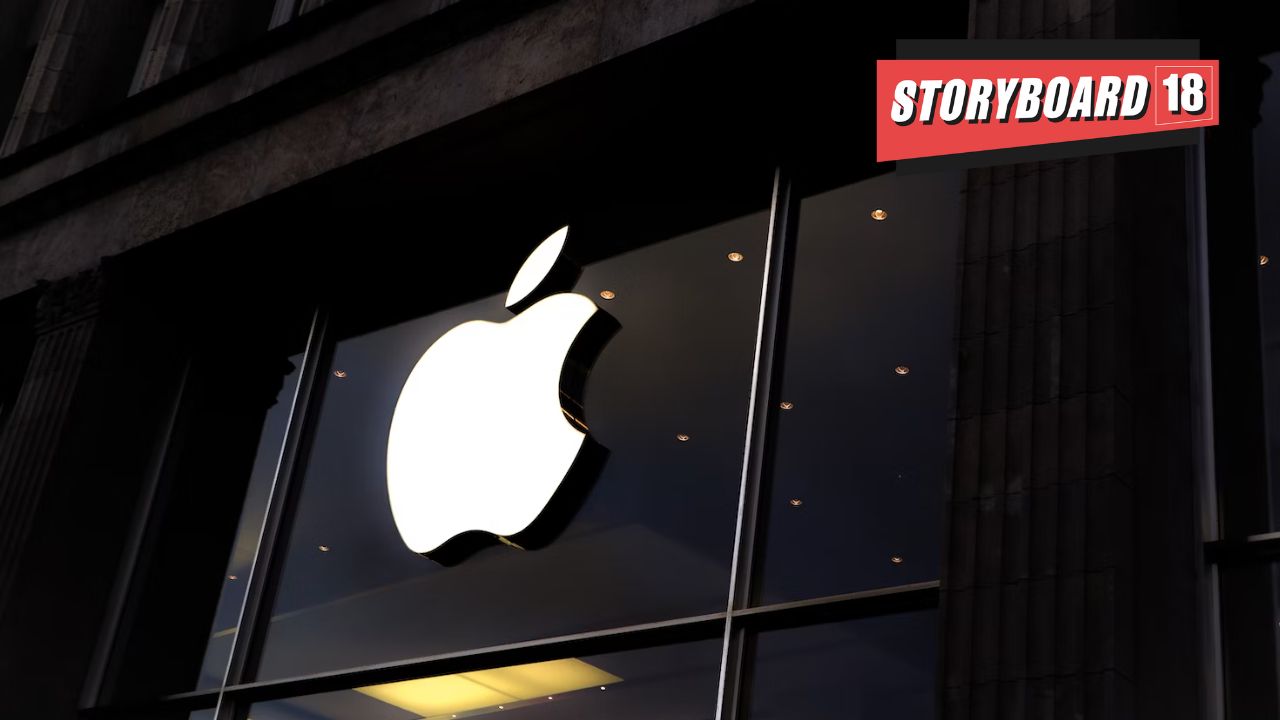iPhone manufacturer Apple Inc., the world’s most valued company has just seen its worst two-day slump in a month. Shares of the Cupertino, California-based company have declined 6.5 percent in two sessions, subsequently wiping out $200 billion in market capitalisation.
The slide comes amidst reports of China planning to expand a ban on the use of iPhones to government-backed agencies and state-run companies. Apple’s sell-off also triggered a broader decline in equity indices as it is the biggest component in most of them.
Rising treasury yields and prospects of further rate hikes from the US Federal Reserve to curb inflation are not helping Apple’s matters either.
Apple counts China as its biggest foreign market and global production base. It reported record June quarter sales from China, improving from a decline of 3 percent in March to a growth of 8 percent.
“It was a June quarter record for Greater China. Very important for us because, again, it shows that the engagement with the ecosystem in a market that is so important for us like China continues to grow. It means that there’s more and more customers that are owning more than the iPhone,” CFO Luca Maestri said during the earnings call last month.
On the charts, the stock closed below its 100-Day Moving Average.
Some analysts believe that the timing of the potential ban is interesting, given the recent launch of Huawei’s 5G-capable smart phone.
If Beijing goes ahead with a ban, the unprecedented blockade might also affect several other US technology companies that rely on sales and production in China. Apple suppliers across continents were trading lower on Thursday as multiple reports confirmed China’s latest changes.
“Apple’s growth story is heavily reliant on China and if the Beijing crackdown intensifies that could pose a big problem to the bunch of other mega-cap tech companies that rely on China,” Edward Moya of OANDA wrote.
However, some on the street are also calling the reaction in Apple overblown considering China is a much larger market beyond just government agencies.
Daniel Ives of Wedbush Securities thinks the effect of an “iPhone ban is way overblown” as it would affect less than 5,00,000 iPhones of the roughly 45 million he expects to be sold in the country over the next 12 months.
